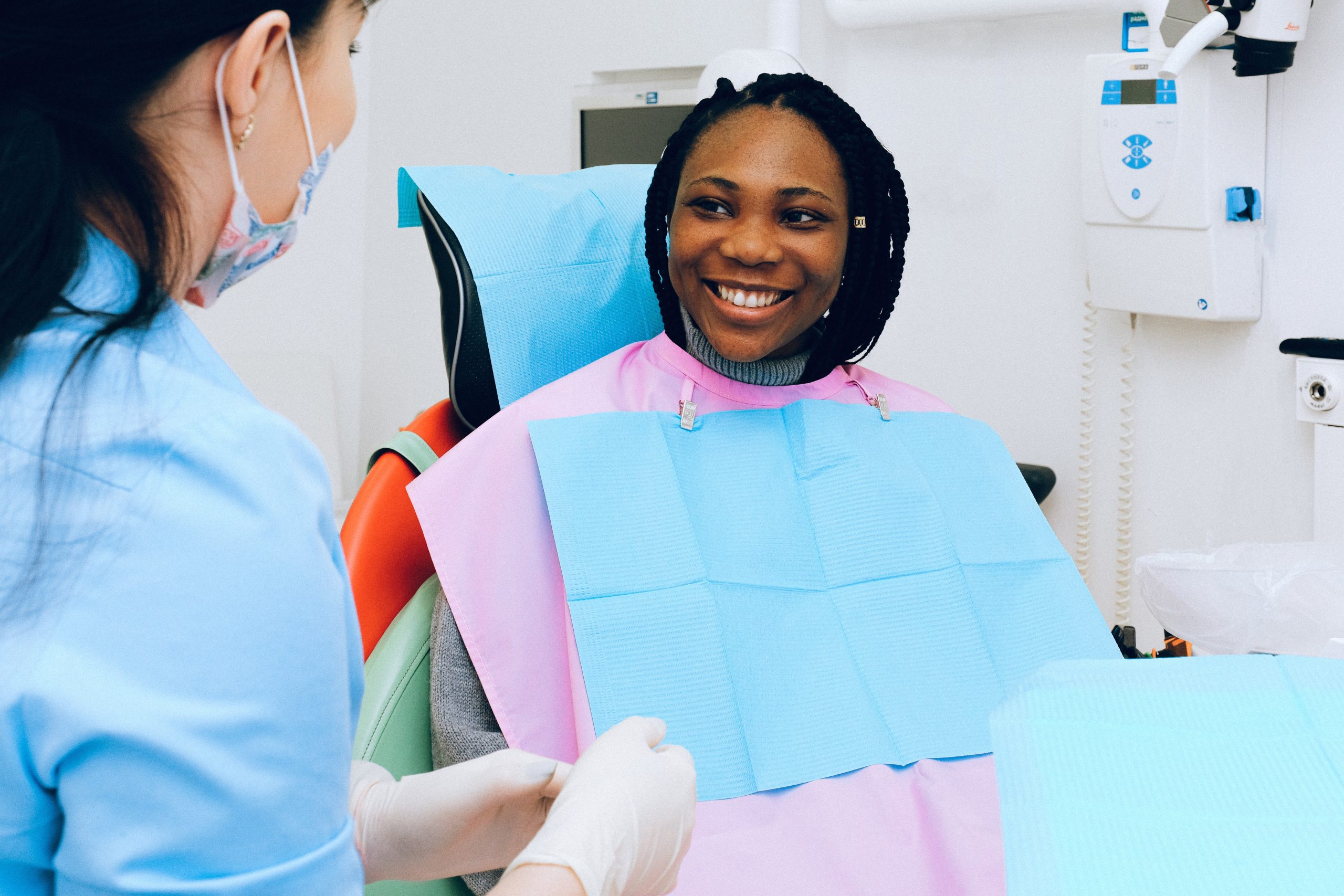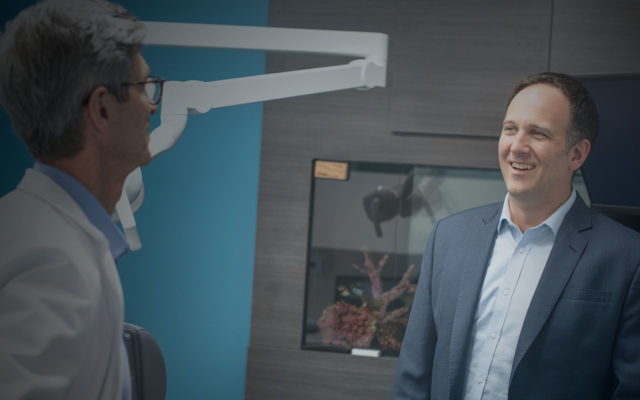One of the easiest, yet most overlooked, methods to increasing the value of your dental practice is by keeping your practice operationally updated.
The last thing you want to happen is for your practice to appear to be on the decline.
Strong collections coupled with your updated operations mean more value.
Financial valuation of your dental practice
Keep in mind that a true valuation is done by reviewing at least five years of historical business data.
You will have to show years of tax returns which is important because it is yet another reason to keep the practice going strong until you want to slow down.
We’ve found that many dentists get into their 50’s and 60’s and begin referring out procedures, which causes the practice to decline in revenue. You want to avoid situations like this while decreasing overhead.
Employee longevity
Longevity in your employees is also important.
When a buyer of your dental practice is considering acquiring you, they’re going to consider your turnover and staff longevity. If you have higher than normal turnover, your buyer might interpret this as a stressful practice and won’t value you as highly as a practice that has had the same team for more than ten years.
The ideal situation for your dental practice buyer should be that they can walk right in and start doing quality dentistry work on day one.
Normalization process with CPA firm
The CPA who’s evaluating your practice must normalize the earnings of your practice.
We’ve found that most dentists think that their practices will decline because they’re writing off fringe benefits through the practice. This is part of the normalization process, so the fact that you have a lot of continuing education or you go to high-end venues for some of your meetings will not adversely impact you, as long as you have the cash flow to make this happen.
These adjustments are made to determine a fair and reasonable net profit for the practice, and when you divide that net profit by the five-year average gross receipts, the goal is to end up with a healthy net profit.
Physical assets
As we mentioned before, most dentists prefer to keep their buildings so they can continue to generate rental income.
Most of these situations come with a lease option to buy the building, and often the buying dentist wants to rent the building for five years so they can pay down the debt from buying the practice. However, depending on the condition of the building and whether it’s updated, the buyer may not want to buy the building. While there’s always some risk involved with the transition, dentists may want to rethink the real estate part. If you do own the real estate, you may want to sell the building at the same time you sell the dental practice.
The rules for keeping the building updated are the same as those for updating the dental practice.
At JW Practice Advisory, we help dentists sell and buy their practices. Contact us to learn more about selling your dental practice.


 This is some text about the listing. Here’s the story behind it that numbers don’t tell. One more sentence of description so that it is a reasonable length.
This is some text about the listing. Here’s the story behind it that numbers don’t tell. One more sentence of description so that it is a reasonable length. This is some text about the listing. Here’s the story behind it that numbers don’t tell. One more sentence of description so that it is a reasonable length.
This is some text about the listing. Here’s the story behind it that numbers don’t tell. One more sentence of description so that it is a reasonable length.